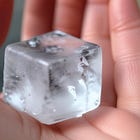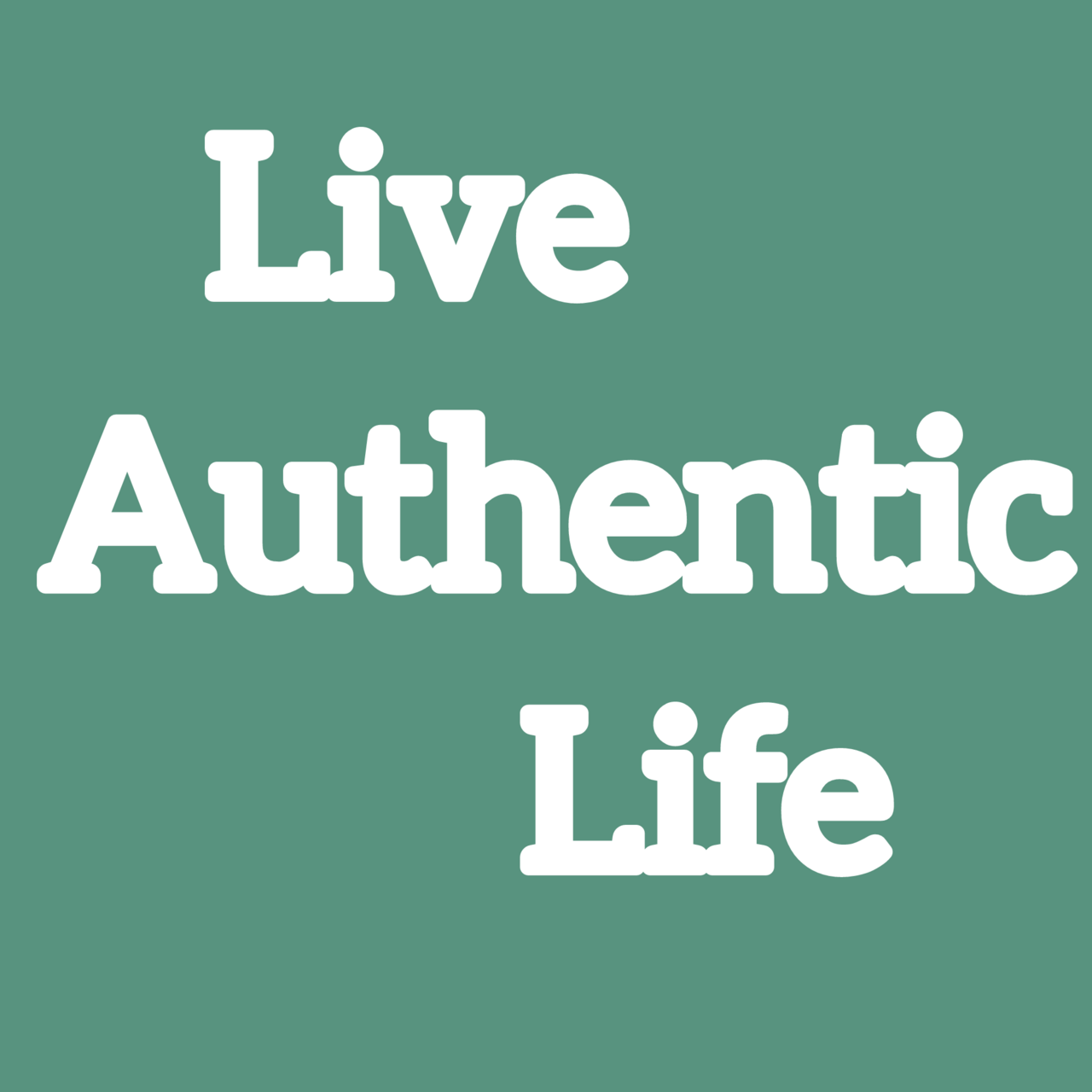Coping Mechanisms & Stress Management | A Substack Toolkit
The world lacks coping mechanisms but Substack writers have some of the best. A new curated collection on coping, PTSD and stress management.
If there is one thing I know, it is that our world needs coping mechanisms.
I thought it was only me but it turns out, therapists say this to all of us.
You are not alone.
Show me some love, click the ❤️ (heart) above.
Sometimes, it feels like mental health professionals blame our lack of coping mechanisms for everything - yet they don’t arm us with the stress management tools we need.
Personally, I think the struggle with coping mechanisms is a symptom of PTSD.
(I’m not a mental health expert - just a survivor who, through brutal trial-and-error, mastered the art of resiliency.)

Believe it or not - Substack is full of warriors ready to help you conquer PTSD by sharing what works - and what didn’t work - for them.
Or who will at least remind you that you’re not alone by giving you a raging or vulnerable voice.
While you wait for my forthcoming memoir, To Live Everything: Saving Your Own Life, I’m introducing my curated list of mental health advice - articles and publications - from the people who have lived through the darkness, emerged on the other side and learned to live and embrace everything.

Read it through and add to your coping arsenal - all links to publications are provided in the conclusion.
Trauma to Strength
6 Poor Coping Mechanisms Which Made My Trauma Worse
by
Ideal for:
Those diagnosed with PTSD
Anyone struggling with mental health issues
Survivors of violence
Military members and police officers
Men
Loves:
What NOT to do and why
Honest tone that doesn’t pretend PTSD is pretty
PTSD Recovery Roadmap. Enough said.
Coping Concepts (not encouraged but discussed):
Impulsivity
Emotional numbing
Risk taking
Drinking
After 20 years of fighting PTSD, Macfayden emerged stronger, armed with coping mechanisms, the strength to be vulnerable and proven techniques to learning to live everything. His Substack, Trauma to Strength is a gold mine - even containing a PTSD Recovery Roadmap.
His article “6 Poor Coping Mechanisms Which Made My Trauma Worse” is the advice you may never get from a mental health professional. Like Leon, I’m sharing what did NOT work for me - but Leon’s advice reads like a warrior with blatant honesty.
Lighthouse
The Purpose of the Wait
by
of Letters From the Universe.Ideal for:
When your mind is racing and your heart longs for stillness;
Avoiding burnout;
People of faith;
Those growing with the pains of life
Loves:
Faith is essential to healing and often overlooked;
Embracing true virtues - not virtue signaling
Coping Concepts:
Acceptance
Learning to be still
Faith
Self-compassion
Disclaimer: I write for Lighthouse as well - that is where I share the faith aspects of my journey. But I’ve never interacted with Kimberly before.
Faith is crucial to healing but is often overlooked as a coping mechanism or form of self-care. Without faith, I would not have survived PTSD.
One of the most valuable but challenging skills to master, especially post trauma, is learning to sit in the stillness. It requires you to grant yourself grace and understanding.
Actually, Kimberly’s words are better - go soak it up.
Happy on Purpose
Happiness Analysis: Lessons on Coping with a Setback
by
Ideal for overcoming setbacks, anyone who needs to pick themselves up off the floor; women everywhere; those seeking motivation; anyone dealing with depression
Loves:
The Happiness Checklist
Her advice proves my concept of Proactive Self-Care Coping Mechanisms as Wilson arms herself with purposeful strategies for tough times and truly wields her self-awareness wisely.
She lives with intent and is a happiness expert.
Coping Concepts:
The Happiness Checklist - I’m not going to share her entire checklist of coping mechanisms!
Coping mechanisms that require self-awareness and intent.
Amazing. Amelia gets it.
At the top of my Sanity Toolbox is a list of things that make me happy. Easy things I do to pick me up. When my body and mind don’t want to flow together, I refer to my list of small things I can do to make life more tolerable. My list includes walking through the flowers in my favorite park, dance parties in my kitchen, meditating on my acupressure mat, skincare, etc.
But don’t wait around for me - Amelia has you covered in Happiness Analysis - where, again, Wilson shares her own tough days, her own “Happiness Checklist” (I may need to borrow that title in my Coping Kit) and how she applies it.
Live Authentic Life
When You Ignore Yourself, Fear Guides Your Life
by
Ideal for:
Those looking to improve their quality of life
Readers who have experienced complex trauma
Mental health professionals
Overcoming self-limiting beliefs
Loves:
Well-rounded advice with scientific evidence
Gently forces you to face your fears
Literary and cultural references
Exercises you can do right now to improve your life
Coping Concepts:
Self-reflection
Maintain a sense of purpose
Obsessive thought patterns
In Amini’s article, When You Ignore Yourself, Fear Guides Your Life, she explores the self-limiting power of fear and will guide you to face and conquer your own. Drawing on cultural references, personal experiences, medical knowledge - Amini’s articles are some of the most well-rounded you will find.
As you will soon learn, Haniyeh and I are joining forces to explore PTSD and escaping the PTSD Prison.
Quietly Becoming
Not Every Wound is Meant to Heal
by
Ideal for: grieving; the moments when you feel alone and like the pain will never end; good people.
Raves:
Everything about
Hard truths we all must accept
Not every would is meant to be healed - and that’s okay.
Coping Concepts:
Acceptance
Grieving
Personal growth over time
Self-compassion and compassion for others
Salwa is one of the sweetest, most humble, forces of wonder and empathy. I’m blessed to have become friends with this mother and psychology student from across the pond - but you will feel supported by reading even a single article she writes. My body physically reacts to her writing, every time, without fail.
But this article is especially special.
This is a hard truth - and if you want to emerge from trauma, you must accept that “not every would is meant to heal.”
True survivors of complex PTSD - the less than 10% who make it to the personal growth phase - know how to feel, face, but most importantly, embrace pain.
Greatness is born in times of great pain.
You’re not alone.
Substack is in this with you.
And those of us who have made it to the other side? We have your back.
Please, feel free to comment below.
If you have any suggested writers or requested topics, send them my way.
Mental Health Help - Straight to Your Inbox
Before you go… click the ❤️ (heart) below.



















Thanks so much for including me.
Thank you for sharing my piece!